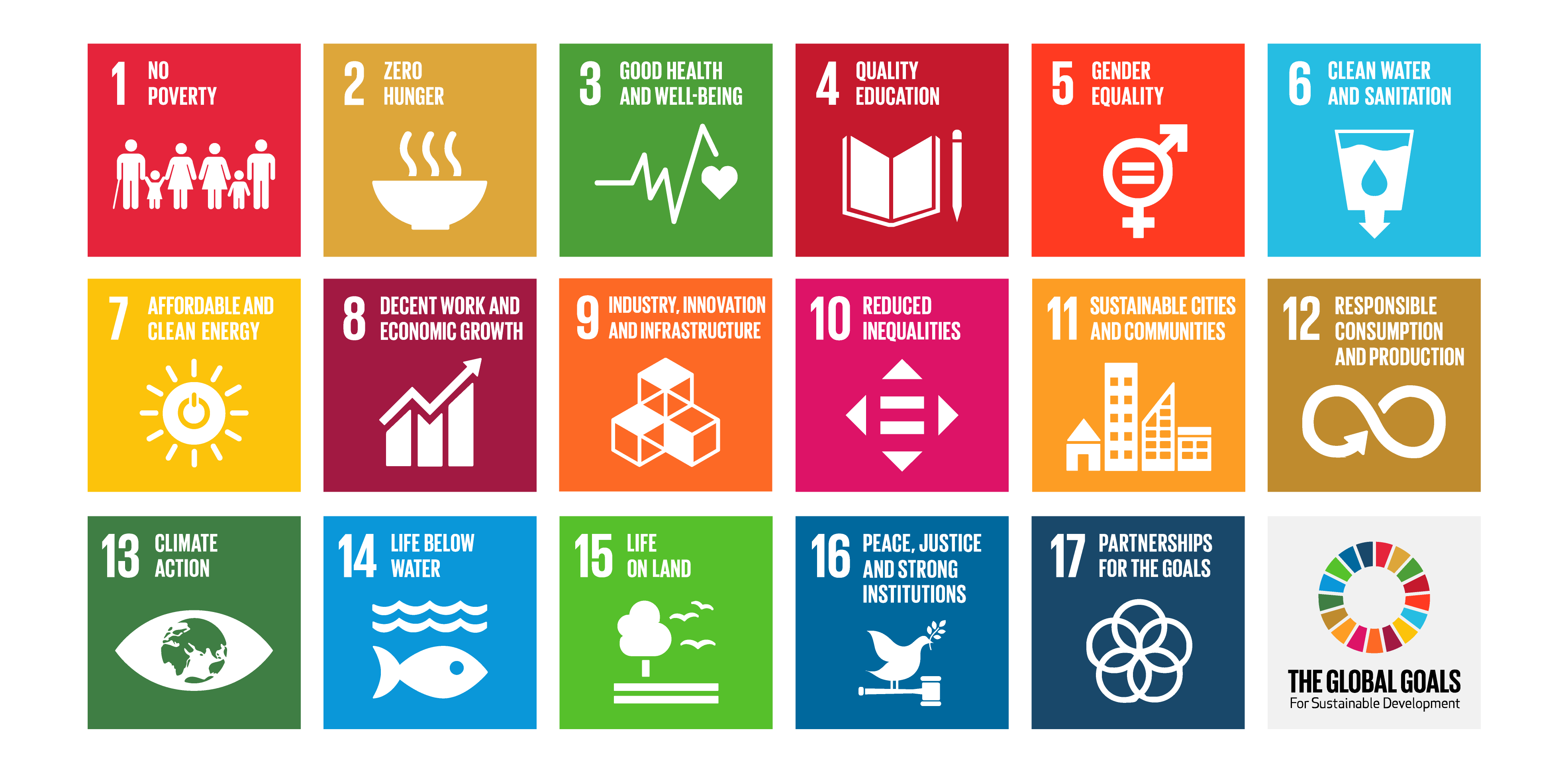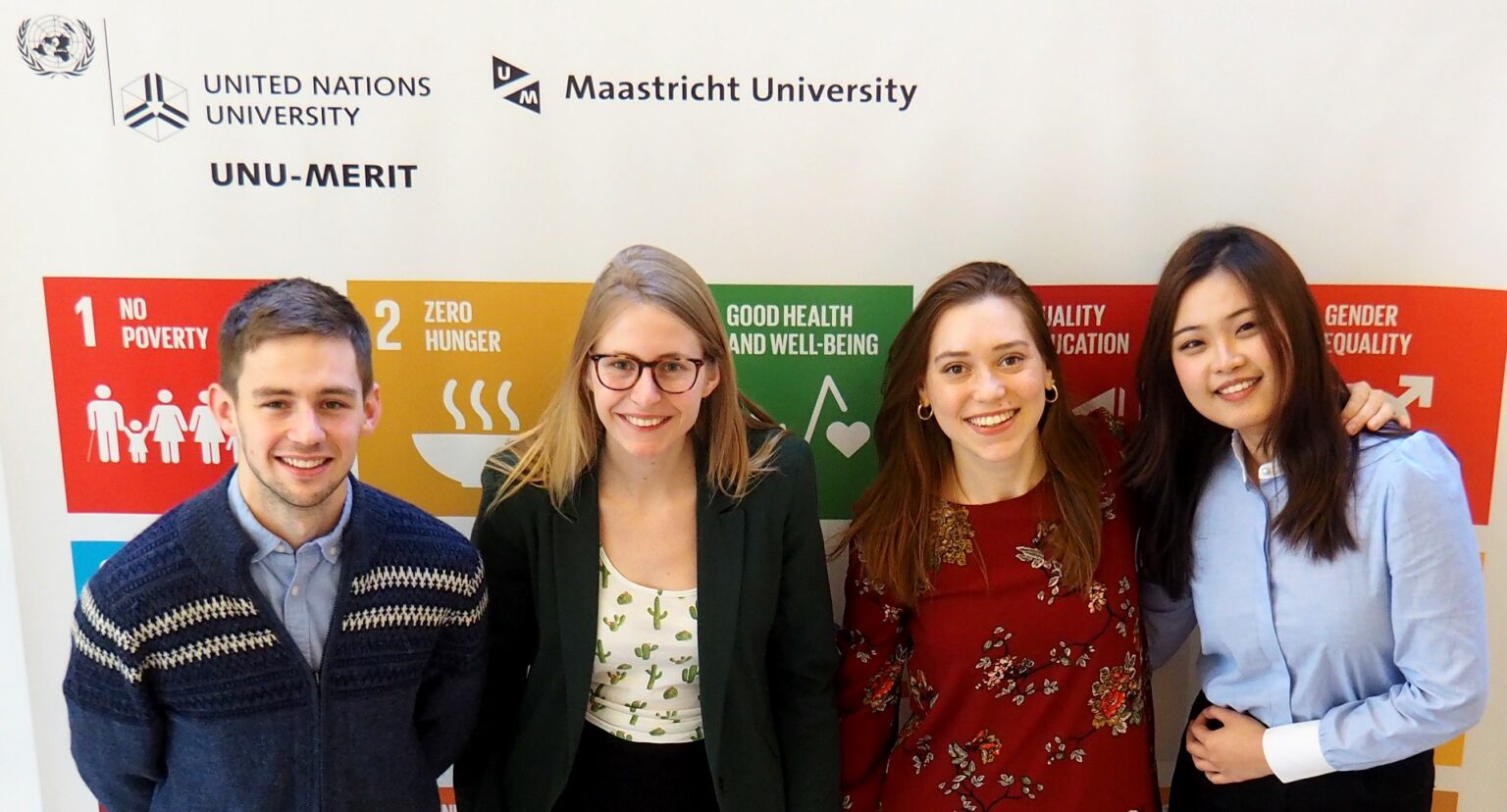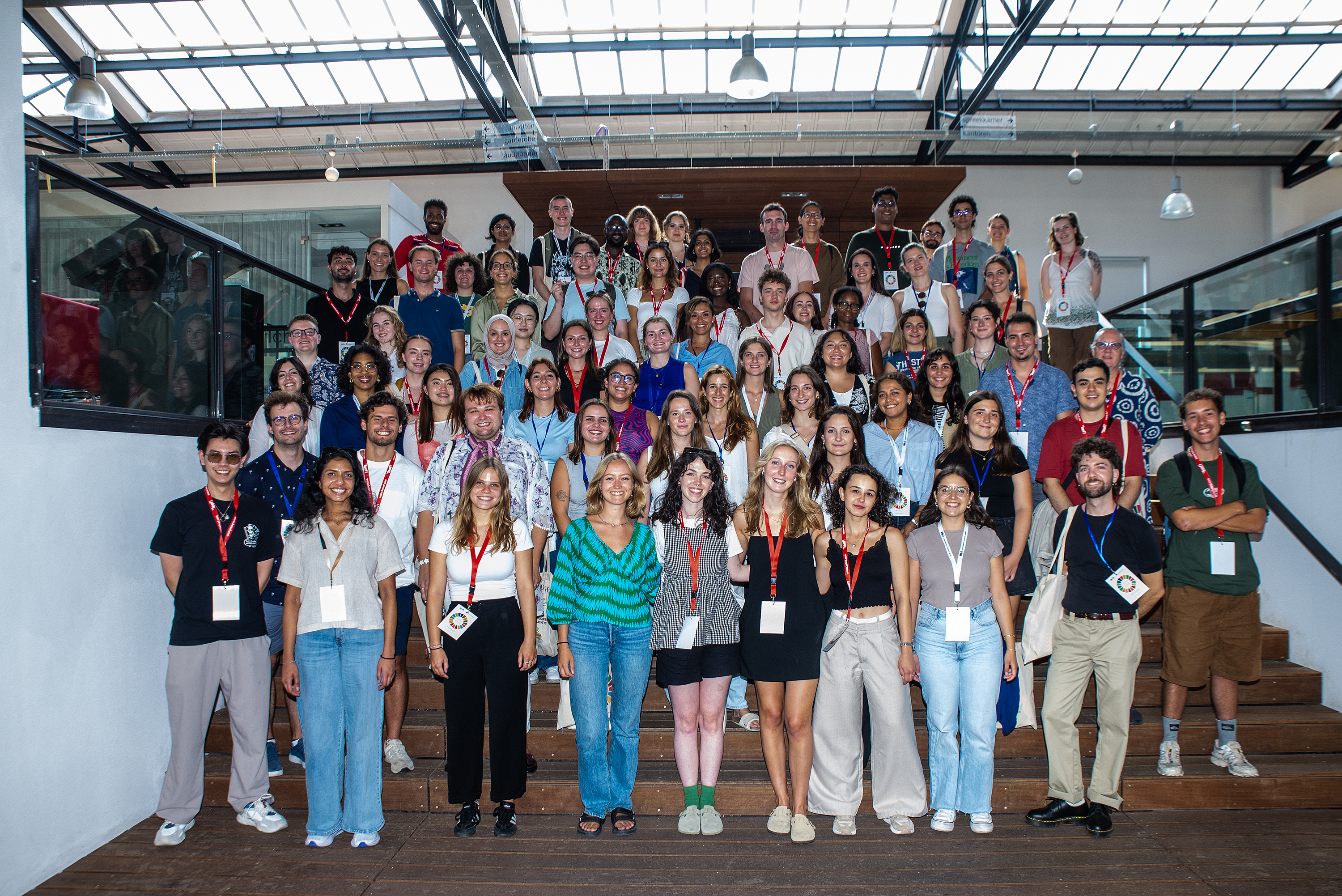Are you interested in addressing society’s most complex public policy challenges?
Curious about how we can develop and change the policy landscape to create a better world?
Looking for an international career, committed to realising the UN’s Sustainable Development Goals?

In this rigorous, fast-paced one-year Master’s programme, you’ll be trained in designing, monitoring and evaluating policy, equipping you to change the status quo. Gaining a variety of quantitative and qualitative skills, tools and knowledge, you’ll be able to work in policy-related fields in public, private and non-profit organisations the world over.
Apply now!
Fast facts
- Unique partnership: the MSc in Public Policy and Human Development (known as MPP for short) is an innovative collaboration between United Nations University (UNU) and Maastricht University (UM)
- Duration of programme: 1 year – resulting in two diplomas, one from UM and the other from UNU
- Location: Maastricht, The Netherlands
- Intensity: full-time (10-14 contact hours and 30-40 hours independent study per week)
- Next start date: September 2026
- Application deadlines:
1 May 2026 for non-EU/EEA applicants (those requiring a visa)
1 June 2026 for EU applicants
- Tuition fees for 2026/27 are: statutory fee €2,695; institutional fee €21,500. Find out the tuition fee that applies in your specific situation here, and learn more about your financial aid and scholarship options including the CSC Scholarship Programme.
- One MPP Scholarship is awarded annually to an outstanding non-EU applicant and covers the full institutional tuition fee (€21,500). For full eligibility and application details, click here.
- Student profile: various academic backgrounds and ages, ranging from recently graduated bachelor’s students to mid-career professionals
- Personalised teaching: you can expect training in small international groups, personal guidance and access to 1-on-1 sessions with our MPP Study Advisor
- Learning method: Problem-Based Learning, an innovative, active way of learning that improves knowledge retention and encourages critical thinking
4 specialisation options:
- Student association: DEMOS UNU-MERIT aims to facilitate student bonding, professional capacity enhancement and network development
- Autumn semester focus: strongly quantitative – you’ll learn how to use tools and software that are essential for policy analysis (e.g. statistics, regression analysis and STATA)
- Spring semester focus: your chosen specialisation and writing your thesis
View this year’s UNU Rules for the MPP Programme (2025-2026) here.
View this year's course catalogue here
Ready to apply?
This blog post can help you with the MPP application process, giving tips on how to write a good application.
What will you learn?
Our MPP prepares students to be agents of change, with all the necessary skills to analyse current societal problems and assess policy solutions. You’ll be trained in formulating, implementing, monitoring and evaluating policy in order to be able to give recommendations for improving or replacing ongoing policies.
Students are immersed in small and diverse discussion groups, workshops, trainings, simulation exercises, presentation and debates, with regular networking and learning opportunities at various events with guest speakers.

To tailor learning journeys to individual interests, students can choose one of the following specialisations for the spring semester – click the links below to learn more:
Social Protection Policy (in cooperation with ILO)
Migration Studies
Governance of Innovation (in cooperation with WIPO)
Global Governance for Development
Your Future

The programme’s year-long Employability Track helps students develop their personal, academic and professional plans through workshops and mentoring sessions.
Our graduates have found positions at public and private institutions, including international, regional, national and local governments, ministries, pension funds, market authorities, NGOs, international organisations, academia and consultancies, including:
- Asian Development Bank, India
- European External Action Service, Brazil
- Deloitte Barcelona, Spain
- International Labour Organisation (Switzerland, Thailand)
- International Organisation for Migration (Global locations)
- Ministry of Foreign Affairs, Finland
- Ministry of Welfare, Germany
- UNICEF (various global locations)
- UNOCHA, Burundi
- World Bank, United States
- JP Morgan
Read these stories from eight of our alumni to hear how our MPP programme helped launch their careers around the world.
Our Student Ambassador

Meet Irmak Tankurt, the 2025-26 Student Ambassador for the MPP programme! On the MPP student ambassador Instagram account and Facebook page, Irmak shares her journey as an MPP student, providing a glimpse into her life in Maastricht, her study experiences, and more.
Follow her to get a sneak peek of your possible future on Instagram, TikTok and Facebook. She'll be able to answer your questions and provide insight into her MPP experiences.
If you have specific questions about the programme or life in Maastricht, don’t hesitate to get in touch with Irmak through the MPP ambassador social media channels. She’s happy to assist with any queries.
More Information & Application Details
For more information about programme details, admission requirements and how to apply, visit the Maastricht University website.
If you are a student at Maastricht University (UM) and you have one of the following diplomas or certificates, you meet the admission requirements for this master’s programme. However, you still need to apply through Studielink and complete the tasks in the MyApplication portal before the deadline mentioned above.
- a UM Bachelor's programme in Econometrics and Operations Research
- a UM Bachelor's programme in Economics and Business Economics
- a UM Bachelor's programme in International Business
- A UM Bachelor's programme in Global Studies
Except for a copy of your valid passport, you do not need to upload any other documents via the MyApplication portal.
